News
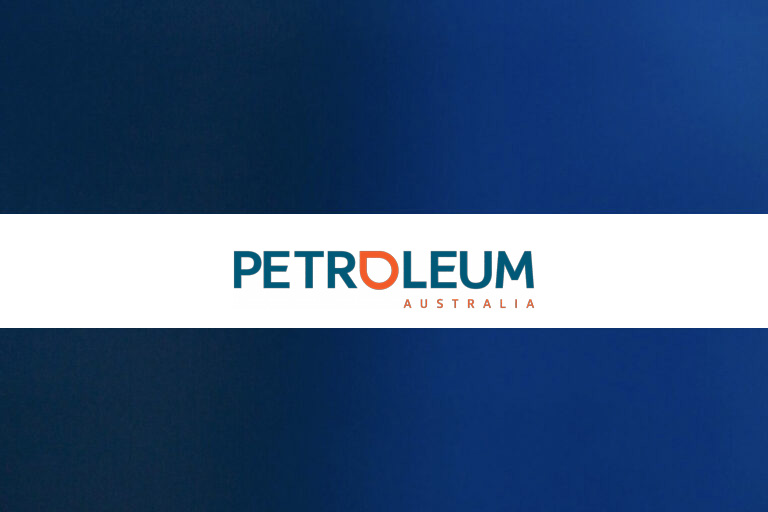
Western Australia faces looming gas supply shortfall
Western Australia’s domestic gas market faces potential supply shortfalls beginning around 2028, according to the newly released EnergyQuest report
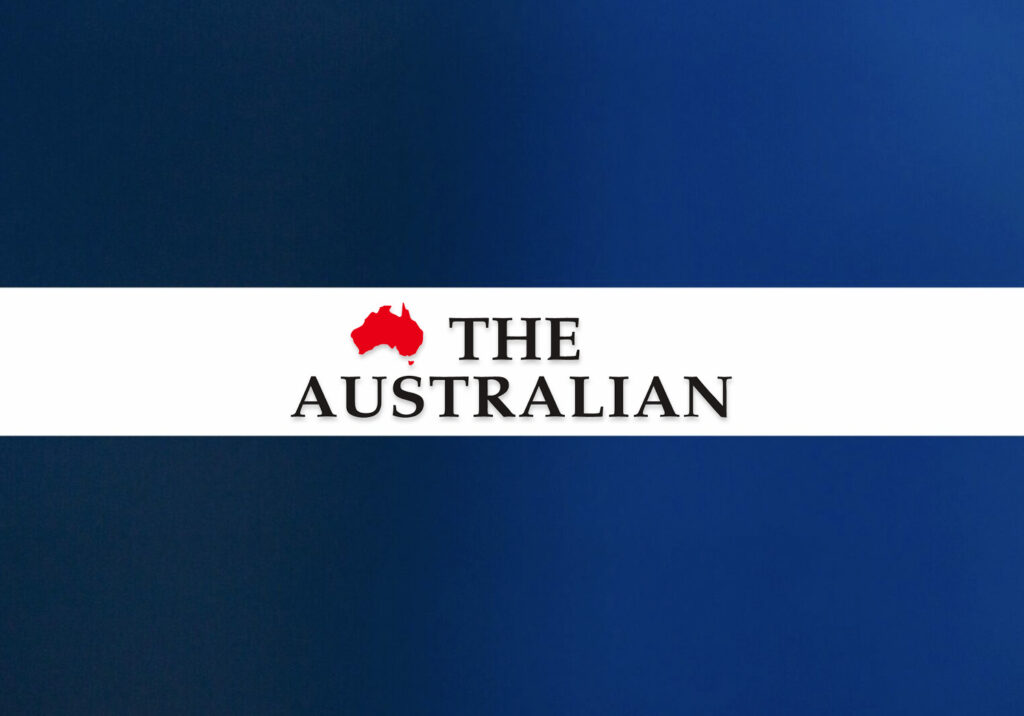
Green projects fall victim to energy doubts
Article by Paul Garvey, courtesy of The Australian 08.08.2025 More renewable energy projects were pulled from the federal environmental approvals process in the first seven months of this year than in the
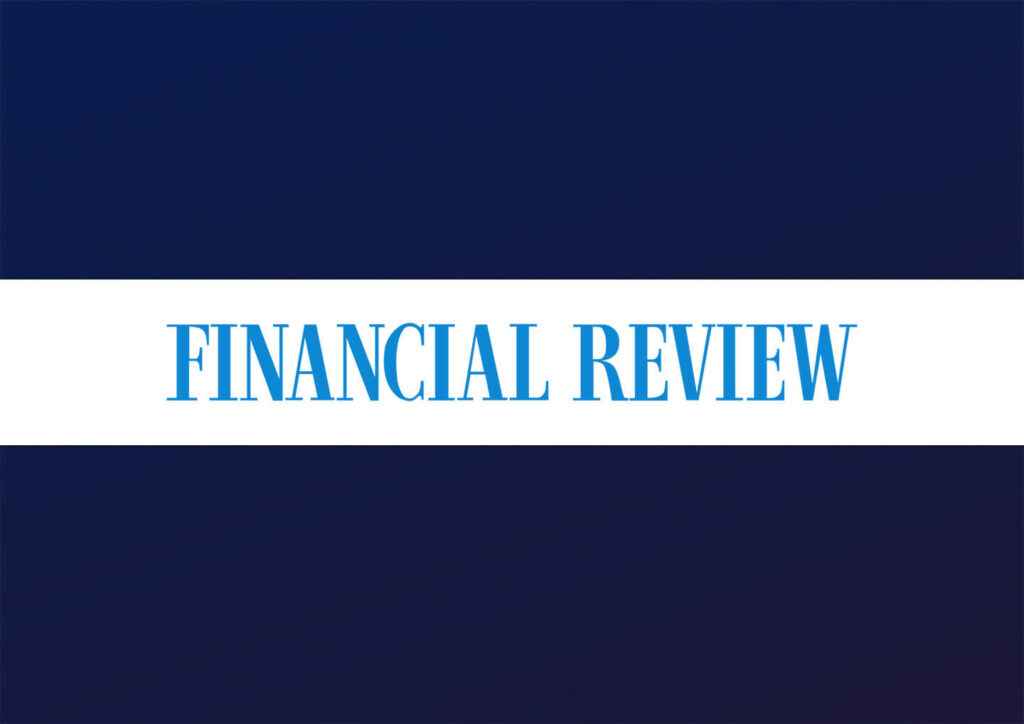
Zero for 76: Broken environmental laws holding back renewables
Not one of the 76 renewables projects needing federal environmental assessment in NSW, Victoria or Queensland in 2023 or 2024 has received final approval, as “green tape” regulation continues to undermine Labor’s clean energy and productivity agenda.
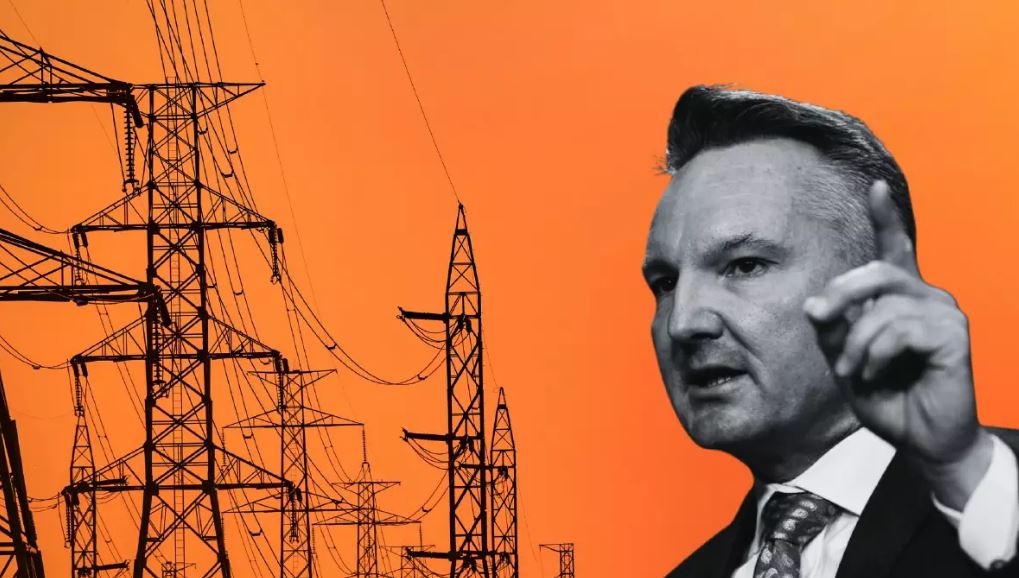
Growing poles and wires pains: billions in blowouts as engagement woes linger
Transmission is proving a problem for Labor, industry and locals.

From $650m to $5.5b: Massive blowout for renewables zone
The cost of building NSW’s first renewable energy zone has risen to more than $5.5 billion in a further increase after last year’s jump, underscoring the hit to consumers from the transition to low-carbon power.
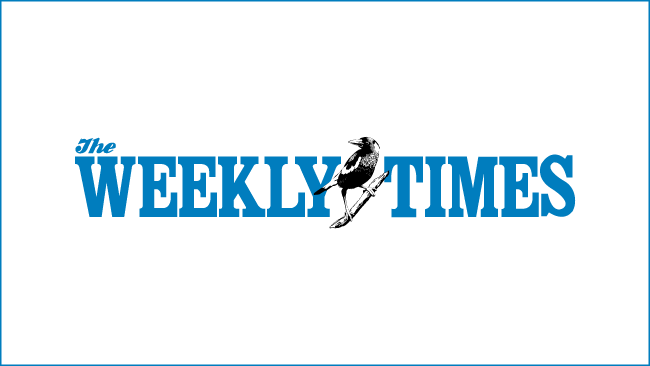
Australia’s green energy plan: The real price tag exposed
Australians will be paying the price of our governments’ great leap forward in transmission line rollouts and renewables for generations to come, writes Peter Hunt.

It’s not easy going green for Fortescue, despite the funding
Andrew Forrest’s Fortescue secured hundreds of millions of dollars in government commitments, incentives and subsidies for clean-energy projects, including ventures since abandoned, underscoring the challenge facing the Albanese government in its efforts to fast-track the renewable energy transition.
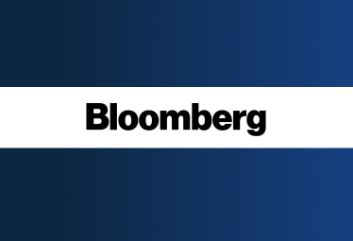
The $147 Billion Green Hydrogen Bubble That BP Helped Burst
Australia’s long-held ambitions to tap its abundant renewable resources and vast uninhabited landmass to become a global green hydrogen leader are fast unraveling.

Energy report long on ‘values’, short on dollar figures
The Productivity Commission has given the government plenty of flexibility for developing its energy policies and emissions reductions targets over the next decade.
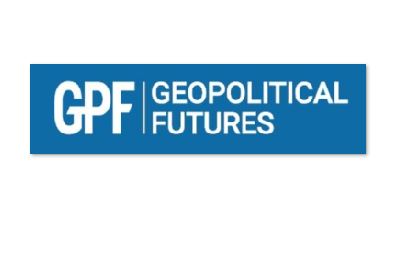
The Future of Green Hydrogen Is Out of Reach
August 1, 2025 The Future of Green Hydrogen Is Out of Reach A number of hurdles prevent widespread adoption of this potentially game-changing technology.By: Ronan Wordsworth A recent Reuters investigation shed some
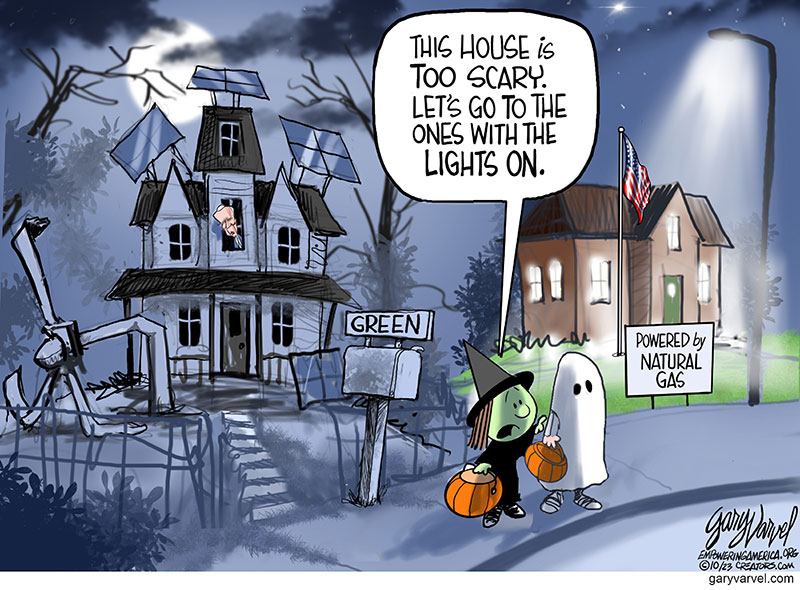
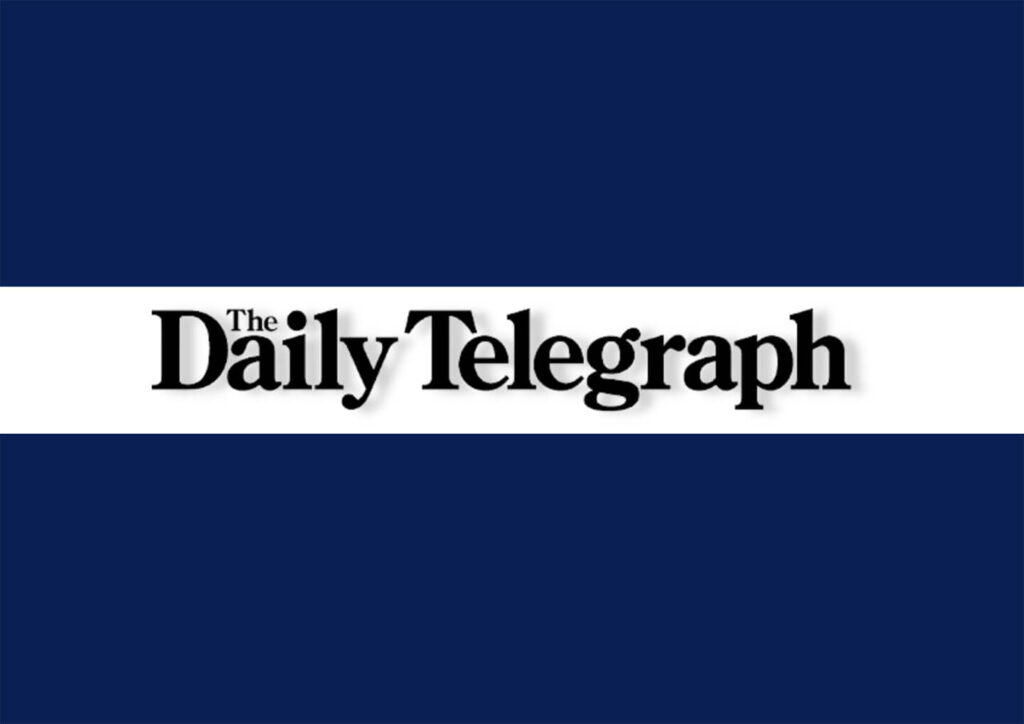
Why is CSIRO hiding the inconvenient truth about renewables cost blowout?
If coal is cheaper, why does the CSIRO proclaim “renewables remain the lowest-cost new-build electricity generation technology”?